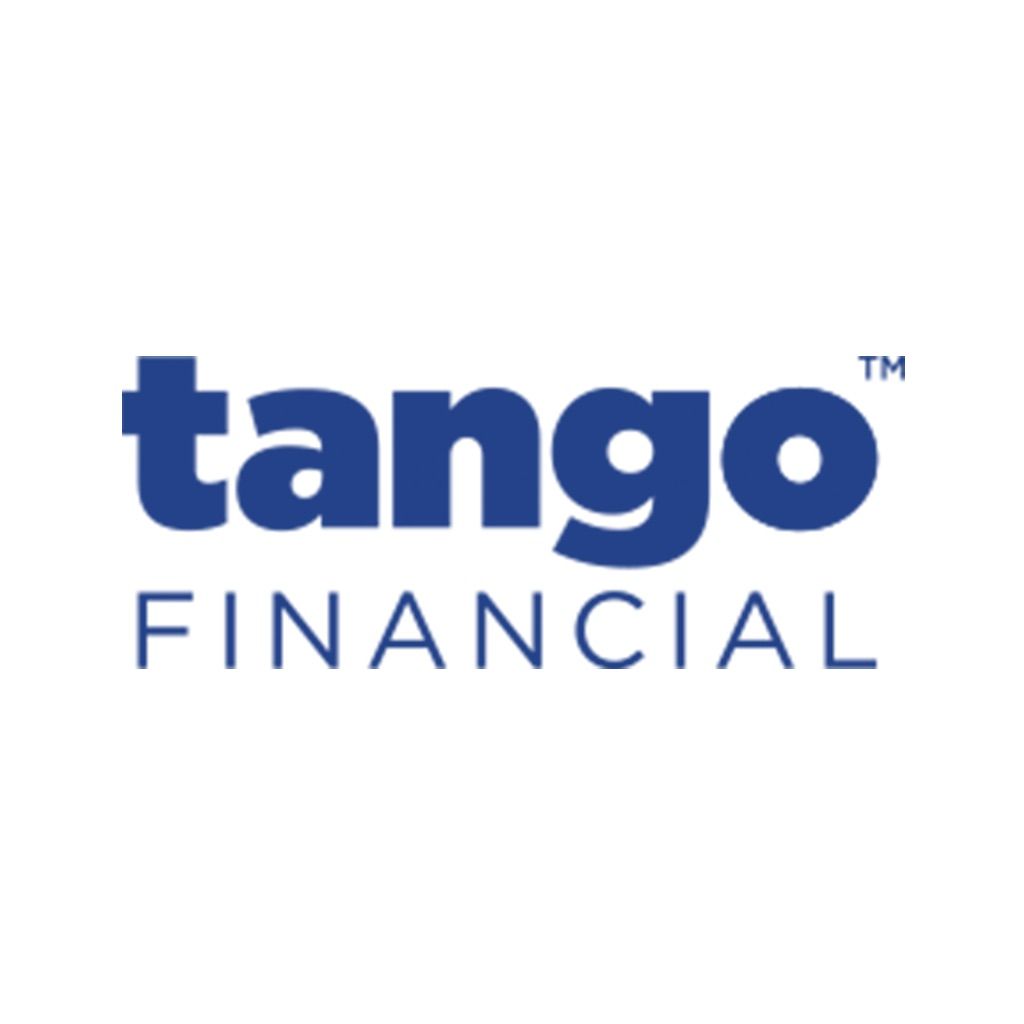Bank of Canada Rate Announcement Mar 6th, 2024
Bank of Canada maintains policy rate, continues quantitative tightening.
FOR IMMEDIATE RELEASE
Media Relations
Ottawa, Ontario
March 6, 2024
The Bank of Canada today held its target for the overnight rate at 5%, with the Bank Rate at 5¼% and the deposit rate at 5%. The Bank is continuing its policy of quantitative tightening.
Global economic growth slowed in the fourth quarter. US GDP growth also slowed but remained surprisingly robust and broad-based, with solid contributions from consumption and exports. Euro area economic growth was flat at the end of the year after contracting in the third quarter. Inflation in the United States and the euro area continued to ease. Bond yields have increased since January while corporate credit spreads have narrowed. Equity markets have risen sharply. Global oil prices are slightly higher than what was assumed in the January Monetary Policy Report (MPR).
In Canada, the economy grew in the fourth quarter by more than expected, although the pace remained weak and below potential. Real GDP expanded by 1% after contracting 0.5% in the third quarter. Consumption was up a modest 1%, and final domestic demand contracted with a large decline in business investment. A strong increase in exports boosted growth. Employment continues to grow more slowly than the population, and there are now some signs that wage pressures may be easing. Overall, the data point to an economy in modest excess supply.
CPI inflation eased to 2.9% in January, as goods price inflation moderated further. Shelter price inflation remains elevated and is the biggest contributor to inflation. Underlying inflationary pressures persist: year-over-year and three-month measures of core inflation are in the 3% to 3.5% range, and the share of CPI components growing above 3% declined but is still above the historical average. The Bank continues to expect inflation to remain close to 3% during the first half of this year before gradually easing.
Governing Council decided to hold the policy rate at 5% and to continue to normalize the Bank’s balance sheet. The Council is still concerned about risks to the outlook for inflation, particularly the persistence in underlying inflation. Governing Council wants to see further and sustained easing in core inflation and continues to focus on the balance between demand and supply in the economy, inflation expectations, wage growth, and corporate pricing behaviour. The Bank remains resolute in its commitment to restoring price stability for Canadians.
Information note
The next scheduled date for announcing the overnight rate target is April 10, 2024. The Bank will publish its next full outlook for the economy and inflation, including risks to the projection, in the MPR at the same time.


Share:


Subscribe
Thank you for contacting me.
I will get back to you as soon as possible.
Please try again later.
Follow
@MORTGAGEBYTORI
| Mortgage By Tori | All Rights Reserved | Privacy and Content Notice

